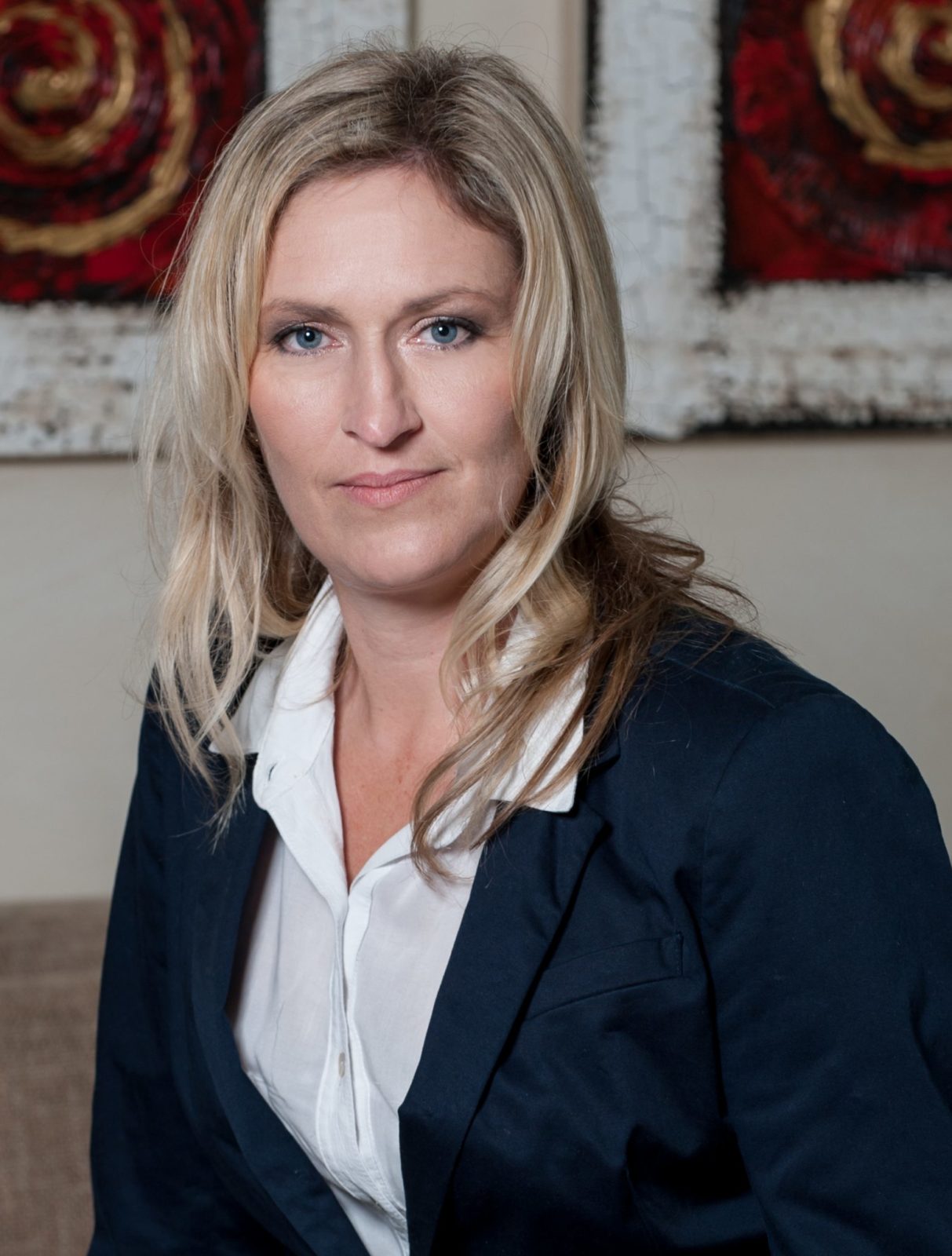Traditionally, women have not been associated with science, mathematics and engineering. Kirsty Chadwick is the antithesis of stereotypes that dictate who techies should be and what they should look like. The 39-year-old New Zealander is the founder and chairperson of The Training Room Online.
The company designs bespoke e-learning platforms for some of South Africa’s biggest private and public sector institutions, such as: FNB, Investec, ABSA, Standard Bank, Nedbank Discovery, PwC, Woolworths and the department of basic education.
Chadwick has a varied career. She was a teacher for three years, after studying towards a bachelor of music at the University of Auckland and receiving a teaching diploma. Relocating to the United Kingdom allowed her to take her first step into the corporate world, where she eventually became a director at mortgage broker Ashley Moore Financial and remained for six years.
In 2004, she moved to Cape Town where she began a call center, which she ran until 2008. The move to the ‘Mother City’ was largely a lifestyle choice that made sense due to the fact that Cape Town is in the same time zone as London, which worked well for her business.
Motivated by the desire to get back into the education space, especially after spotting a gap in the market for training solutions, she founded The Training Room Online in 2008, with seven employees. While Chadwick is passionate about incorporating technology into training, the primary focus of the company is the content that is delivered through an online platform. The technology facilitates learning. It presents an exciting opportunity to bring creativity and human interaction through the use of gamification and animation.
Loading...
People are central to the creation and development of the technology. Over the last five years, the company has grown tenfold to employ 70 people. Given the shortage of skills required for the technology, content development and instructional design, Chadwick says it cannot grow quickly enough. In the short term, she outsources a number of processes to India. It is merely a stop-gap measure because the quality of the output often leaves much to be desired. To remedy this, her medium- to long-term goal is to develop the Creative Technology Hub that will develop the talent and skills required for this industry. This will contribute to job creation on the continent and will keep content creation on local shores.
Despite the challenges, the company is doing well; it has offices in Cape Town, Johannesburg, London and the Seychelles. Chadwick recently sold 49% of the company to Open Learning Holdings. Despite the strong strategic fit, the move has been one of the most difficult, as she had to deal with bringing new people onboard.
Globally, online training is a multi-billion dollar industry. According to Chadwick, South Africa is well positioned to be a leader in this space, for her it is a destination of choice by virtue of its time zone and the quality of the instructional design. The local market has become increasingly receptive, as they have realized that e-learning goes beyond Powerpoint slides. The industry has grown and she has five other similarly-sized competitors. While many tech companies are moving into the mobile market, she works primarily in the computer and tablet space. But learning via cellphones still has limitations.
Expansion into the rest of the continent is on the cards, with Botswana first in line. In each new market she will employ locals and retain each country’s content production.
For Chadwick, technology is part of the solution to South Africa’s challenges and she is keen to get involved with the education department. She sees an opportunity for a mass-scale e-learning revolution in South Africa. Low-cost, high-quality, centralized learning management systems are key to this revolution that can enhance the performance of pupils and teachers. Across the world, through examples such as the Khan Academy, e-learning has helped students realize their potential and master learning material by allowing them to learn at their own pace. The success of this rollout will be dependent on collaborations and partnerships, to ensure that obstacles such as connectivity and device design are overcome.
If Chadwick’s track record is anything to go by, the future of learning on the continent is optimistic and set to be filled with graduation caps.
Loading...
